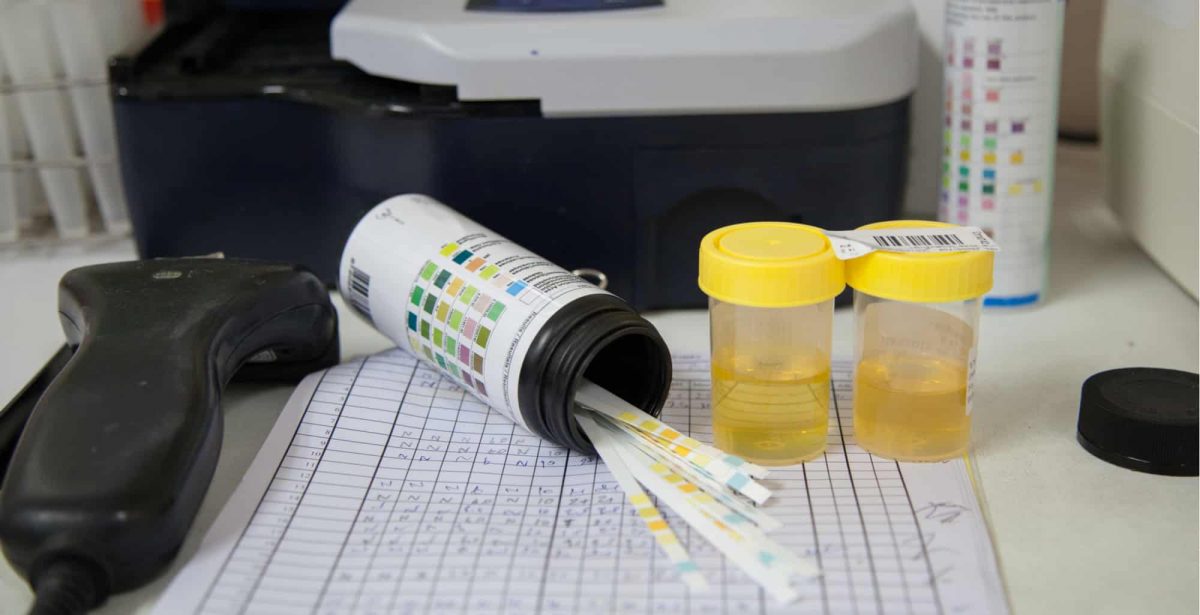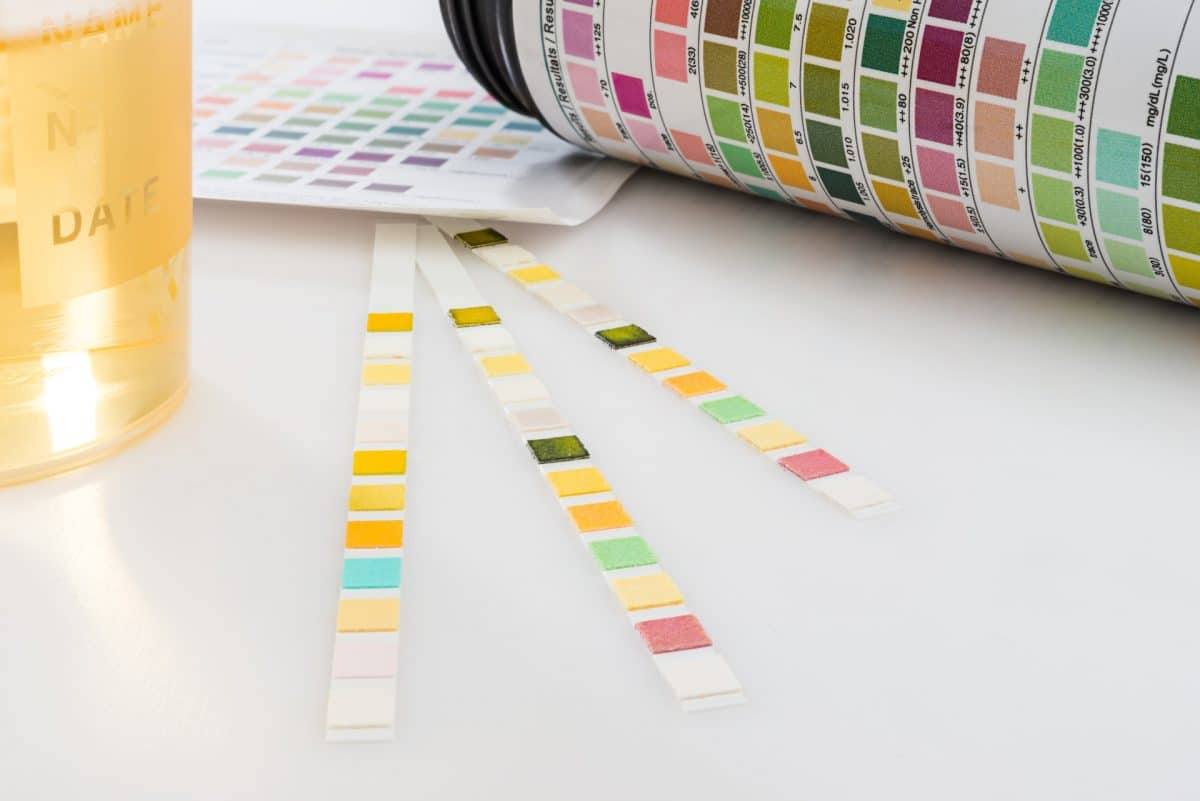Use of the Federal Motor Carrier Safety Administration (FMCSA) Clearinghouse is mandatory beginning January 6, 2020. This means that commercial driver’s license (CDL) drivers, medical review officers, consortiums/third-party administrators (C/TPAs), and employers will be required to register with the Clearinghouse. Registration is currently open and it is important to start to familiarize yourself with the system.
If you run a trucking company, here is some information you should know about the new FMCSA Clearinghouse:
The Purpose of the FMCSA Clearinghouse
The FMCSA and Department of Transportation (DOT) established the new Clearinghouse system to make it easier for motor carriers to get real-time information about CDL holders’ drug and alcohol program violations. This makes it harder for drivers with violations to conceal these issues from a prospective employer. It also makes it easier for motor carriers to complete proper pre-employment screening. The system includes positive test results, refusal to test, and information on whether a driver has completed a return-to-duty process after any violations.
Drug and Alcohol Clearinghouse Registration
In order to conduct queries and stay compliant once the Clearinghouse takes effect, you must be registered. You can complete registration on the Clearinghouse site. You will need a login.gov account and if you do not have one you will be prompted to register. Then, you can continue Clearinghouse registration by selecting the role “employer.”
If you have an existing FMCSA Portal account, you can sign into it to link your company information to the new Clearinghouse login. Otherwise, you will need to enter this data manually.
You will need to designate your C/TPA if you have one, in order to give them access to your Clearinghouse information. This is required for all owner-operators. If your C/TPA does not appear in the search results, they may not have registered for the Clearinghouse yet.
HDS Safety Services has shared a guide to registering for the FMCSA Clearinghouse on our LinkedIn page. This gives more detailed information about the process.
Compliance in 2020: Queries and Violations
Once the Clearinghouse mandate takes full effect in 2020, you will need to use the database during the pre-employment process for all new CDL drivers. You will also need to properly report any violations.
Limited and Full Queries
Before hiring a safety-sensitive employee, your company will need to run a search through the Clearinghouse to determine if they have had any violations. A limited query allows you to determine if a driver has any information in the Clearinghouse system. A full query will give you access to the complete records of that driver and will require their consent. Until 2023, you will need to complete a manual query as well to determine if a potential driver has any violations on record with their previous employers.
In addition to querying the system for new drivers, you will need to search the Clearinghouse database once a year for your current safety-sensitive employees.
Reporting Violations
Employers will be required to report any adverse drug and alcohol testing information to the FMCSA Clearinghouse. This includes positive test results, refusal to test, or other non-test violations of FMCSA regulations. You will need to report these violations within three business days of their occurrence.
You must report “actual knowledge” violations along with complete documentation and information of any witnesses to the event. An “actual knowledge” violation is a situation where an employer is aware that a safety-sensitive employee has used alcohol or a controlled substance based on direct observation, information from a previous employer, or a traffic citation for driving under the influence.
We Can Help with FMCSA Clearinghouse Compliance
The FMCSA Clearinghouse database will make it easier for trucking companies to ensure they are compliant with drug and alcohol testing regulations. However, it may be difficult to get familiar with this new system. At HDS Safety Services, we are here to help you stay compliant.
Contact us today to learn more about how we can help you prepare for the implementation of the FMCSA Clearinghouse.
















